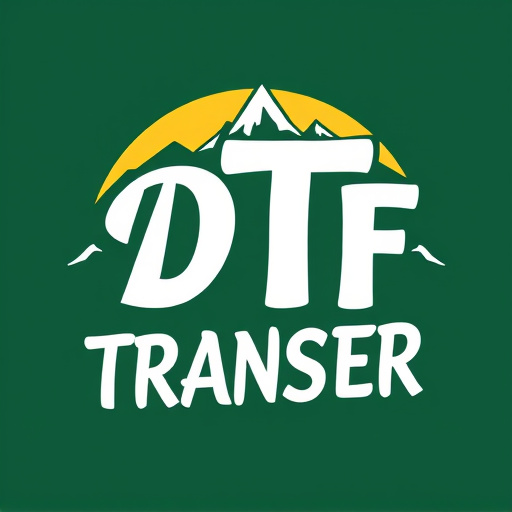SEO agencies assess campaign effectiveness through tailored Key Performance Indicators (KPIs), aligning with client goals and tracking metrics like Google rankings, online reviews, bounce rates, and conversion rates to demonstrate value. They use advanced analytics for user behavior insights, optimizing website design and digital experiences, and measure success based on conversion rates and Return on Investment (ROI).
An SEO agency’s success is measured by how effectively it drives results for clients. This article delves into the strategies an SEO agency uses to assess campaign performance, focusing on three key areas: defining measurable KPIs tailored to client goals, tracking website traffic and user behavior through advanced analytics tools, and analyzing conversion rates and return on investment (ROI) to demonstrate tangible value. By implementing these practices, an SEO agency ensures its campaigns are optimized for both online visibility and business impact.
- Defining Key Performance Indicators (KPIs) for SEO Campaigns
- Tracking Website Traffic and User Behavior
- Analyzing Conversion Rates and ROI Measurement Techniques
Defining Key Performance Indicators (KPIs) for SEO Campaigns

For an SEO agency to accurately gauge campaign performance, establishing clear Key Performance Indicators (KPIs) is paramount. KPIs serve as measurable benchmarks that reflect the success or areas needing improvement within digital marketing efforts. An effective set of KPIs for an SEO campaign might include metrics like organic traffic growth, keyword ranking progress, click-through rates (CTRs), and bounce rate reductions. These indicators provide a comprehensive view of a website’s visibility and user engagement on search engines. By tracking these KPIs, SEO agencies can demonstrate the value they bring to clients, showcasing improvements in online presence and conversions.
When defining KPIs, it’s crucial to align them with the client’s business goals. For instance, for a local business like a website design studio in Hollywood FL or a service-oriented company in Frisco, increasing local SEO visibility might be a priority. In such cases, relevant KPIs could include first-page Google rankings for specific services, online reviews, and location-based click-throughs from local search results. This tailored approach ensures that the SEO agency’s performance is measured against the unique objectives of each client, fostering a more productive partnership between the agency and clients like those seeking a reputable SEO consultant near them.
Tracking Website Traffic and User Behavior

An SEO agency’s ability to track and analyze website traffic is a cornerstone of successful campaign performance measurement. By utilizing advanced analytics tools, they can gain valuable insights into user behavior, understanding how visitors navigate the site, where they come from, and what pages they engage with most. This data is crucial for identifying areas of improvement in both website design Fort Worth and overall digital experience, ensuring the site aligns with user expectations.
Moreover, tracking key metrics such as bounce rate, time spent on page, and conversion rates allows the SEO agency to assess the effectiveness of strategies implemented. For instance, local SEO Dallas tactics like optimizing for relevant keywords and improving website speed can significantly impact these metrics. Through continuous monitoring, agencies can promptly identify what’s working and adjust their approach, ultimately enhancing overall campaign performance and return on investment.
Analyzing Conversion Rates and ROI Measurement Techniques

An SEO agency’s primary focus when measuring campaign performance is to analyze conversion rates and ROI (Return on Investment). By examining the number of visitors who complete a desired action, such as making a purchase or signing up for a newsletter, the agency can gauge the effectiveness of their strategies. Conversion rate optimization is crucial for any business aiming to maximize its online potential, especially in competitive markets like web design Arlington. A high conversion rate indicates that the SEO efforts are successfully guiding relevant traffic towards actionable goals, which is vital for increasing sales and revenue.
ROI measurement techniques play a significant role in understanding the financial impact of SEO campaigns. This involves tracking key performance indicators (KPIs) such as cost-per-acquisition, customer lifetime value, and the overall profitability generated from organic search traffic. By comparing these metrics to the campaign’s investment, SEO agencies can demonstrate tangible results, including the boost in local SEO services that often leads to increased website traffic for businesses. These insights empower clients to make data-driven decisions, ensuring their marketing strategies remain aligned with their business objectives.
An SEO agency’s ability to define KPIs, track website traffic, analyze user behavior, and measure conversion rates is pivotal in evaluating campaign performance. By utilizing these strategies, agencies can provide clients with valuable insights, demonstrating the return on investment (ROI) and optimizing future campaigns. This data-driven approach ensures that SEO efforts remain focused, effective, and aligned with achieving business goals.














